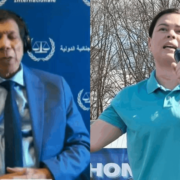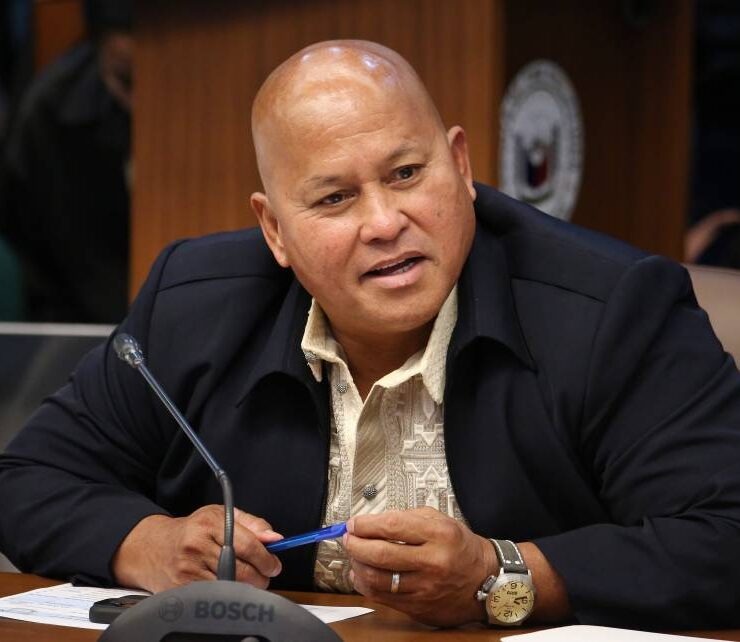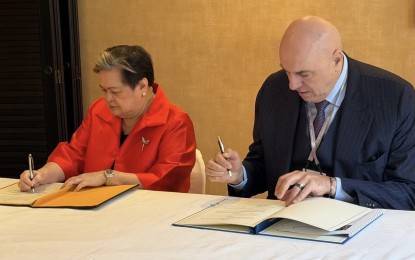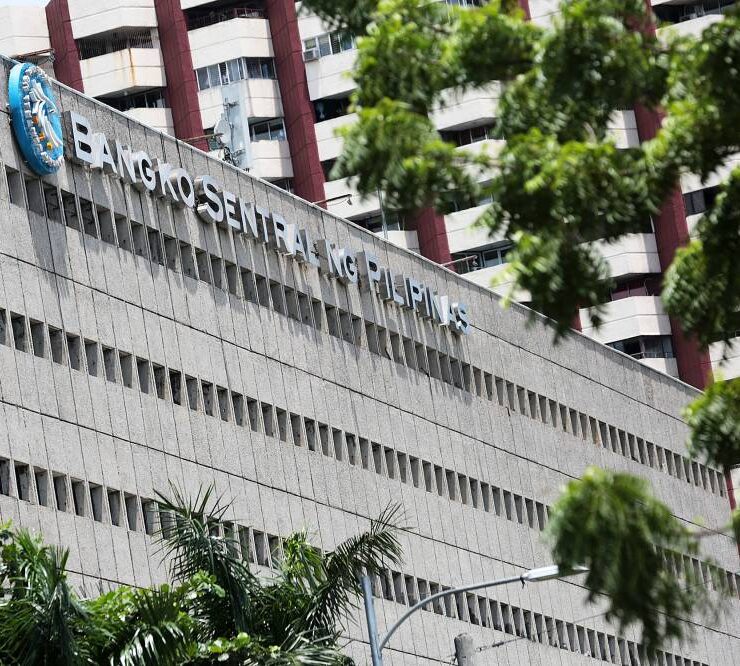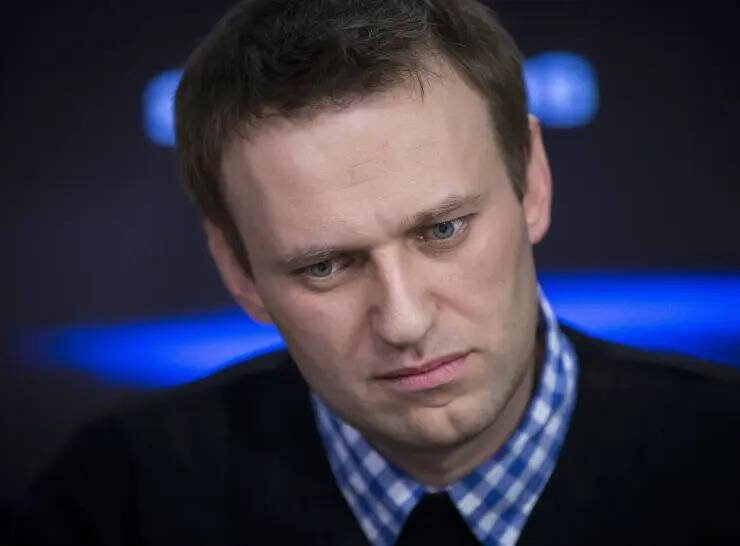Funeral echoes Pope’s plea: ‘Bridges, not walls’
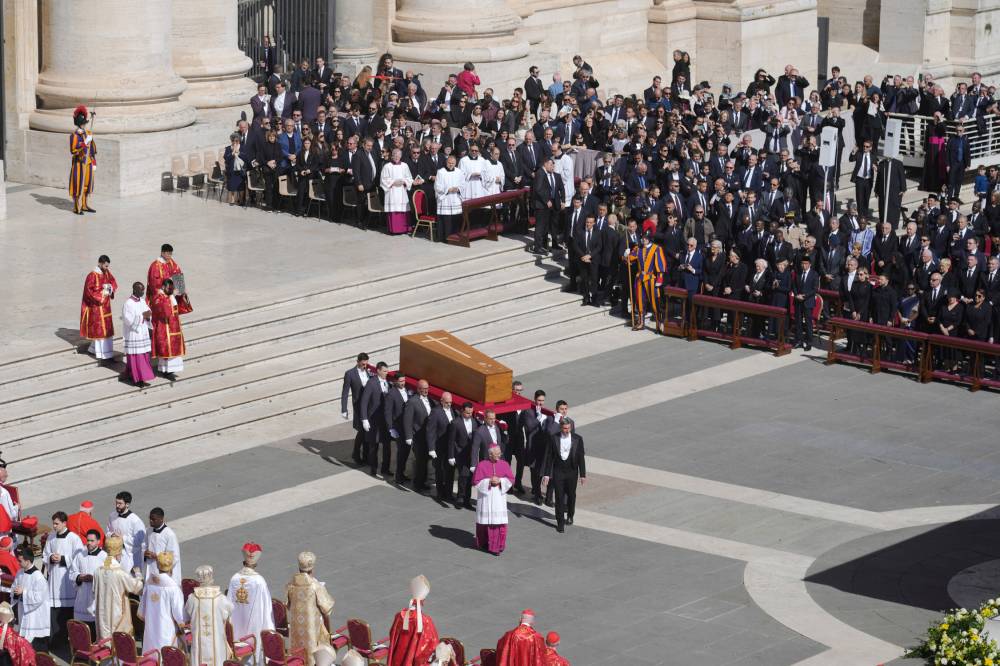
VATICAN CITY—In front of hundreds of world leaders attending the funeral of Pope Francis on Saturday, Italian Cardinal Giovanni Battista Re called for care for migrants, an end to wars and action on global climate change—Francis’ favorite political themes.
Re repeated one of the pope’s strongest criticisms of US President Donald Trump, who attended the funeral Mass, by calling for the building of “bridges, not walls.”
Trump and the pope exchanged criticisms over a decade, mostly related to the pope’s plea for compassion for migrants, a group Trump has repeatedly sought to deport.
Re’s sermon, heard by a global audience of millions, contained a strong political message for world leaders and a strong internal message to the cardinals of the global Catholic church.
To the estimated 135 cardinals who will soon be tasked with entering a conclave to choose the next pope, the sermon served as a possible roadmap for how they should start their deliberations.
In spiritual language, Re gave a simple message: there is no going back.
Francis, the first pontiff from Latin America and one who garnered global attention during his 12-year papacy, had been “attentive to the signs of the times and what the Holy Spirit was awakening in the Church.”
“Rich in human warmth and deeply sensitive to today’s challenges, Pope Francis truly shared the anxieties, sufferings and hopes of this time,” Re said.
Choreographed occasion
The pope touched people’s hearts, said the Italian prelate, “in a direct and immediate way.”
Francis, who served as pope since 2013, died on Monday at the age of 88, following over a month of hospitalization due to double pneumonia.
His funeral on Saturday, which also included Ukrainian President Volodymyr Zelenskyy and some 50 other world leaders, was a carefully choreographed occasion, with Latin chants, strictly organized seating, and use of ancient Catholic rites.
Criticism vs Trump
Re invoked a criticism Francis levied against Trump in 2016, when the real-estate mogul was making his first run for president.
Trump, the pope said, was “not Christian” because of his views on immigration.
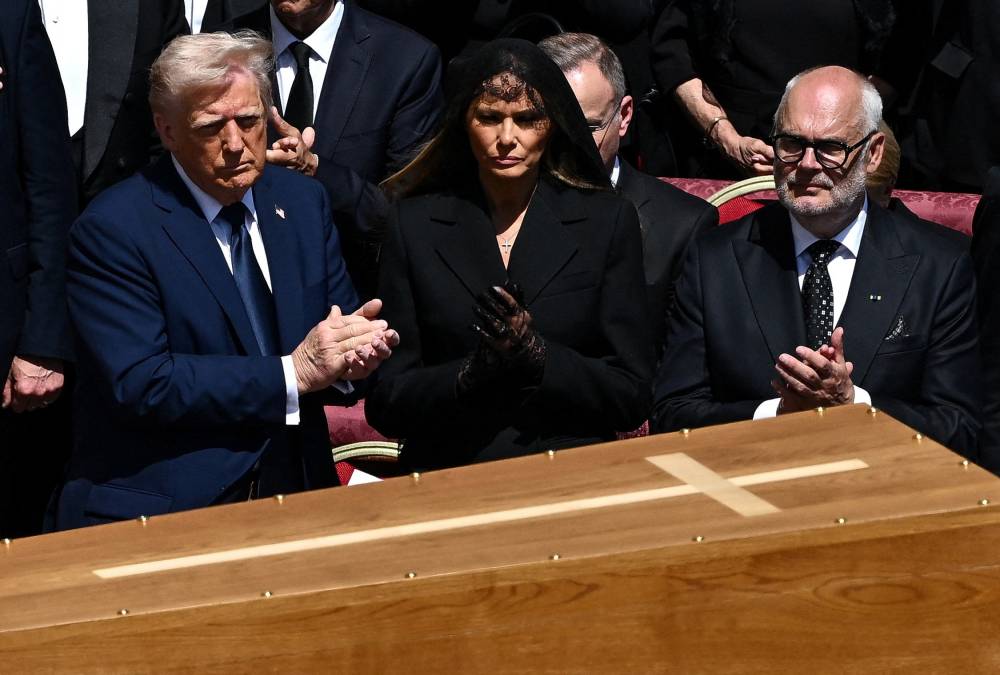
“A person who thinks only about building walls, wherever they may be, and not building bridges, is not Christian,” Francis had said. “This is not in the gospel.”
Trump responded at that time: “For a religious leader to question a person’s faith is disgraceful.”
Stand on climate change
More recently, the pope had called Trump’s immigration crackdown in his second term a “disgrace.”
Re also cited “Laudato Si,” Francis’ encylical on climate change, which was intended to influence discussions at the 2016 Paris climate conference.
The Mass presider also recalled visits by the pope to the Mediterranean islands of Lampedusa and Lesbos where he met migrants in detention camps.
Yet, few moments in Pope Francis’ papacy better exemplify his understanding of climate change and the need to address it than the rain-soaked Mass he celebrated in Tacloban, in the Philippine province of Leyte, in 2015.
Wearing one of the cheap plastic yellow ponchos that were handed out to the faithful, Francis experienced first-hand the type of freak, extreme storms that scientists blame on global warming and are increasingly striking vulnerable, low-lying islands.
He had traveled to Tacloban to comfort survivors of one of the strongest recorded tropical cyclones, Supertyphoon “Yolanda” (international name: Haiyan). The 2013 storm killed more than 7,300 people, flattened villages and displaced about 5 million residents.
“So many of you have lost everything. I don’t know what to tell you,” Francis told the crowd in Tacloban’s muddy airport field as the wind nearly toppled candlesticks on the altar.
His document, released also in 2015, accused the “structurally perverse” profit-driven economy of the global north of ravaging Earth and turning it into a “pile of filth.”
The poor, indigenous peoples and islanders like those in Tacloban suffered the most, he argued, bearing the brunt of increasing droughts, extreme storms, deforestation and pollution.
Funeral sermons, conclaves
It was the first ecological encyclical, and it affirmed the Argentine Jesuit, who in his youth studied to be a chemist, as an authoritative voice in the environmental movement.
Later cited by presidents and scientists, the document inspired a global faith-based coalition to try to save God’s creation before it was too late.
There is no clear front-runner to succeed Francis as pope, but there is a history of sermons at papal funerals influencing conclaves.
At the funeral of Pope John Paul II in 2005, the sermon was delivered by German Cardinal Joseph Ratzinger, who, eleven days later, was elected as Pope Benedict XVI.
Re, 91, cannot enter the conclave and is not a papal contender.
But he suggested the cardinals might take a lesson from the some 250,000 people who paid their final respects to Francis at St. Peter’s Basilica in the three days before the funeral.
“The outpouring of affection that we have witnessed in recent days following his passing from this earth into eternity tells us how much the profound pontificate of Pope Francis touched minds and hearts,” the cardinal said.
Reuters, the news and media division of Thomson Reuters, is the world’s largest multimedia news provider, reaching billions of people worldwide every day. Reuters provides business, financial, national and international news to professionals via desktop terminals, the world's media organizations, industry events and directly to consumers.













